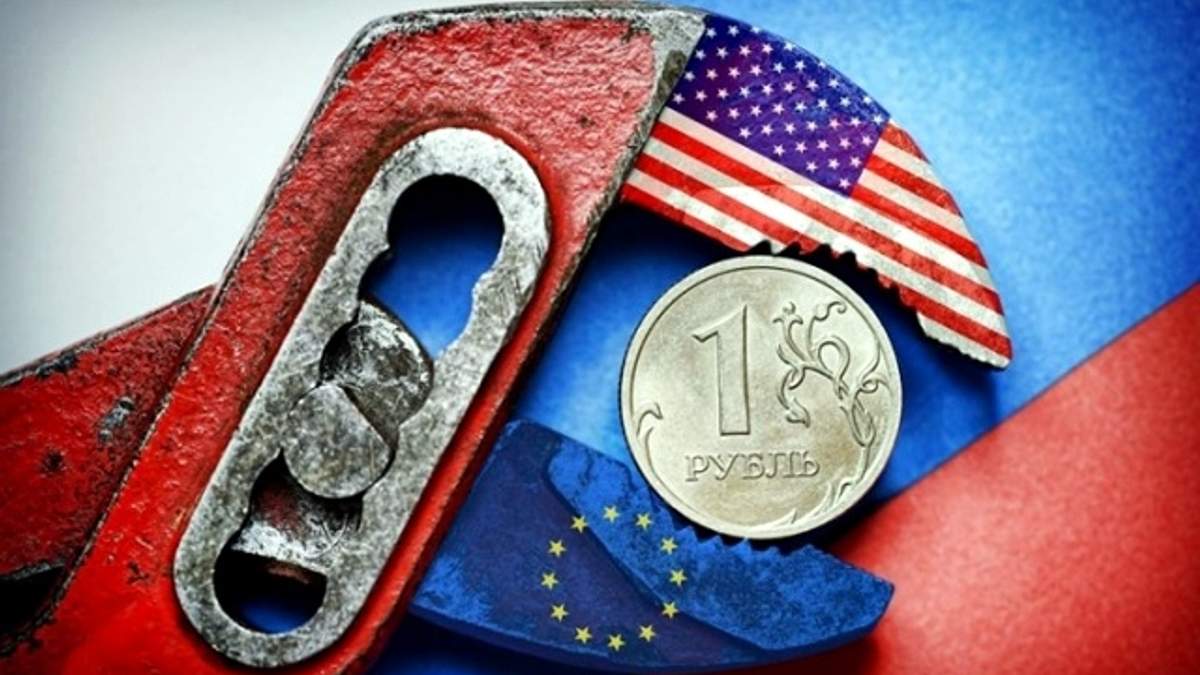In an interview with the website of the Strategic Council on Foreign Relations, Kazem Sharif Kazemi, referred to the various European sanctions packages against Russia after the Ukraine war, and said: On the one hand, the sanctions are considered necessary to restore stability and punish the aggressor country, and on the other hand, Russia accuses them of continuing the previous provocative actions that led to such a situation. While those sanctions did not seemingly achieve the expected result of the cessation of hostilities and aggression, they also had a direct impact on those who imposed the sanctions.
He noted that five rounds of EU sanctions have been imposed on Russia so far, and that a sixth round, which includes sanctions on Russian oil and gas and new banks, is under negotiation, adding: European countries have differing views on their security and energy supplies from Russia. In the new round of sanctions, Bulgaria, Hungary, Slovakia and the Czech Republic have serious concerns, but Poland and the Baltic states are calling for maximum pressure on Russia to end the war. Although they have so far imposed sanctions unanimously, however, challenging negotiations on energy sanctions continue.
Consequences of European sanctions on Russia
Sharif Kazemi added: With the gradual trend of sanctions, Russia is trying to adapt its economy to sanctions on the one hand, and to find new partners in the international arena on the other hand. This kind of behavior is a new phenomenon in Russia’s foreign relations. So far, banking, financial and monetary sanctions have had the greatest impact on the Russian economy.
Saying that the departure of major international companies and investors, and even the outflow of capital from Russia, could have serious consequences for the Russian economy and noted: Increasing pressure on the Russian people, who have become accustomed to relative prosperity in recent years, could increase the capacity for anti-war protests against Putin and his government. At the same time, given the presence of different political and identity tendencies in Russia, including pro-Western tendencies, such as the first generation of politicians after the collapse of the Soviet Union, makes the situation fragile for Moscow in the long run.
The analyst of Europe affairs, considered the closure of skies of European countries for Russian flights, cessation of activities of large transport companies such as Maersk (MSC), Boeing and Airbus to have severe short-term effects on Russia, which will continue with the continuation of those sanctions, adding: Those cases, in addition to disrupting Russia’s foreign economic relations, also damage the country’s reputation and increase its costs.
Sharif Kazemi pointed to the sharp devaluation of the ruble against foreign currencies with the implementation of initial sanctions packages and said: Under such conditions, the government raised interest rates to 20 percent, banned the outflow of currency and exporters were forced to deliver 80 percent of their currency to the banking system and buy rubles. Although Russia has so far enjoyed the siding of key countries such as China, Indonesia, India, Brazil, and South Africa that have not yet agreed to the sanctions, thereby reducing the severity of the sanctions, continuation of such support is not guaranteed.
He commented on increased Russian spending to counter sanctions and reduce their effects and added: Russia has to pay to counter sanctions in order to continue its cooperation, so it has to pursue its exports at a special and unprecedented discount, and all of this is considered as a cost to Russia that can be irreparable in the long run.
Explaining the consequences of sanctions against Russia on Asian and African countries, as well as Europe, Sharif Kazemi added: Such sanctions have affected food supply and prices on the one hand, and on the other hand on energy security and the cost of energy in the world, especially in Europe. So far, the sharp rise in inflation in many European countries, the sharp rise in energy prices, the threat to energy security and the pressure of migrants on European countries have been among the primary harms to European countries.
Silent shooting at European countries
Stressing that over time, the pressure on European countries will increase, he added: Many European officials had estimated that a significant number of immigrants would become guest of the citizens, but in some countries even a 10 percent of the estimate did not materialize and the problems caused by the high cost of living and the challenge of immigrants will increase over time. This situation will be the same silent shooting at European countries that Russia seems to be interested in.
The expert on Europe affairs said that the exit of large European companies from the developing market in Russia, will also cause losses for those countries, which should be compensated in some way. Irish airline leasing companies, for example, boycotted the Russian market, and Russia responded by leasing about 400 aircraft under a leasing agreement and put them at the disposal of the national flights which resulted in a loss of 10 billion dollars for European companies, especially Ireland. The Russian embargo has had many such significant cases for Europe.
The expert on Europe affairs added: Due to the human dimension of the war, extremist anti-Russian voices in Europe has become stronger, and moderate countries such as Germany and Italy have been unable to play their traditional role for not being accused of supporting Russia and its belligerent policies. There are even indications that some moderate currents do not want an absolute and complete defeat of Russia, but only preservation of Ukraine’s territorial integrity, because then the root of the tension will remain for years and decades and even will pave the way for another war, like the one occurred for the defeated Germany in World War I and provided the social and political conditions for World War II.










0 Comments